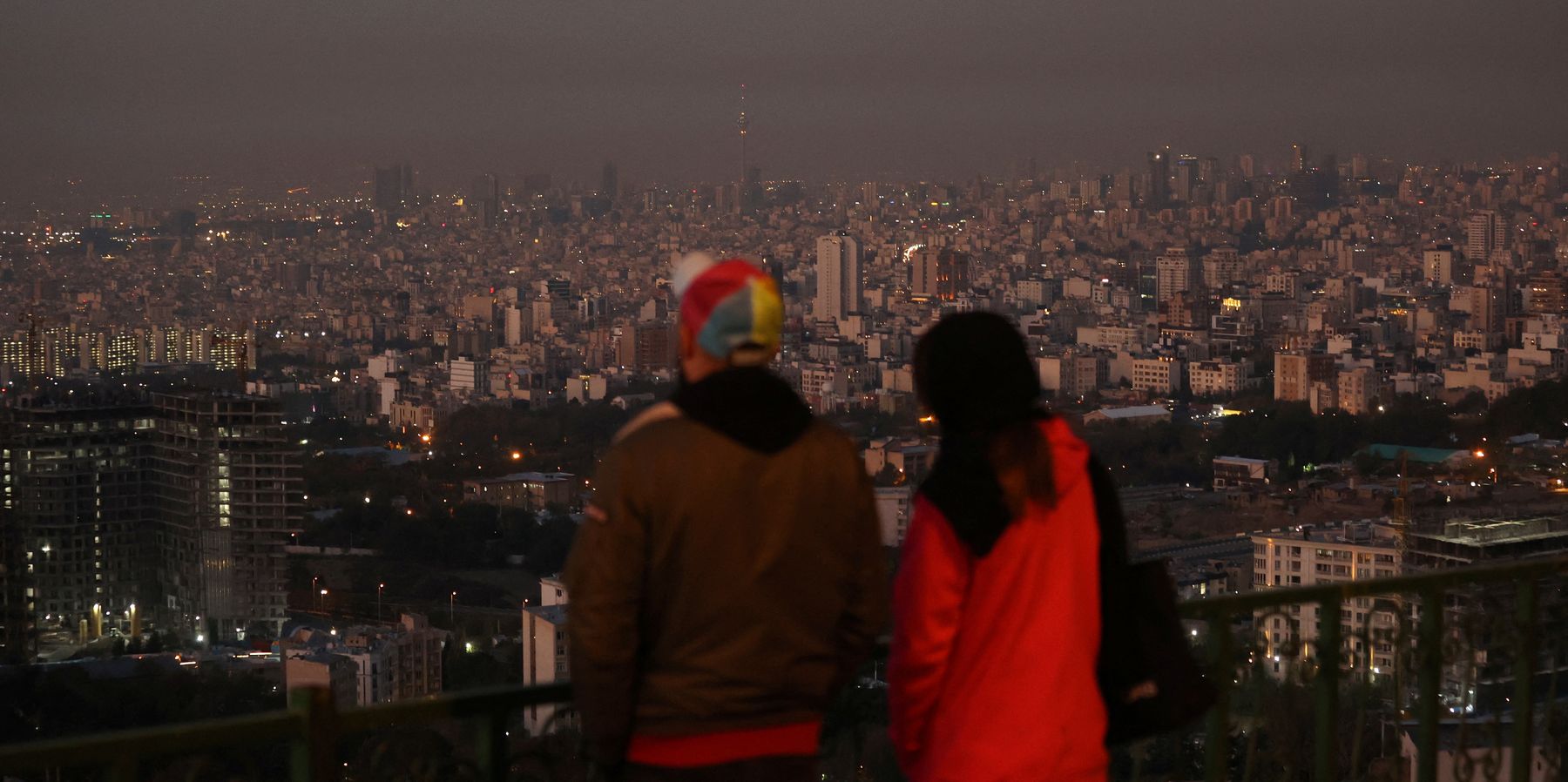The Israeli attack is over, but the outcome remains unclear. Tehran is downplaying it — even mocking it — which may be more reflective of their desire to de-escalate than a true assessment of the damage Israel inflicted on Iran.
Just as Israel kept the damage of Iran's Oct. 1 strikes secret, Iran will likely not disclose the full picture of Israel's strike, although Tehran has reported that the strikes killed two members of Iran's regular army (which is separate from the IRGC).
But if Iran chooses to exercise restraint, as it did after Israel's limited strikes in April, then this chapter may be closed, yet the conflict will remain very much alive.
Indeed, another red line was crossed in this Israeli attack, lowering the cost of crossing it going forward.
Thus, while we may see some tactical de-escalation, the trajectory remains escalatory.
The Biden team, however, may draw a sigh of relief if Iran exercises restraint, as a major conflict right before the elections may be evaded.
But in the larger scheme of things, that may prove to be of little consolation if Biden wastes this pause once more by failing to use it to truly de-escalate the situation by forcing a ceasefire in Gaza and Lebanon.
The U.S. has the leverage to stop Israel's slaughter, but Biden has thus far refused to exercise that leverage. How many rounds of bombings can Israel and Iran engage in before it blows up into a full-scale war that engulfs the entire region?
- Is Israel playing hardball, sucking the US into plot to attack Iran? ›
- Who leaked US classified docs on potential Israeli attack plans? ›
- Will Iran retaliate? ›
















